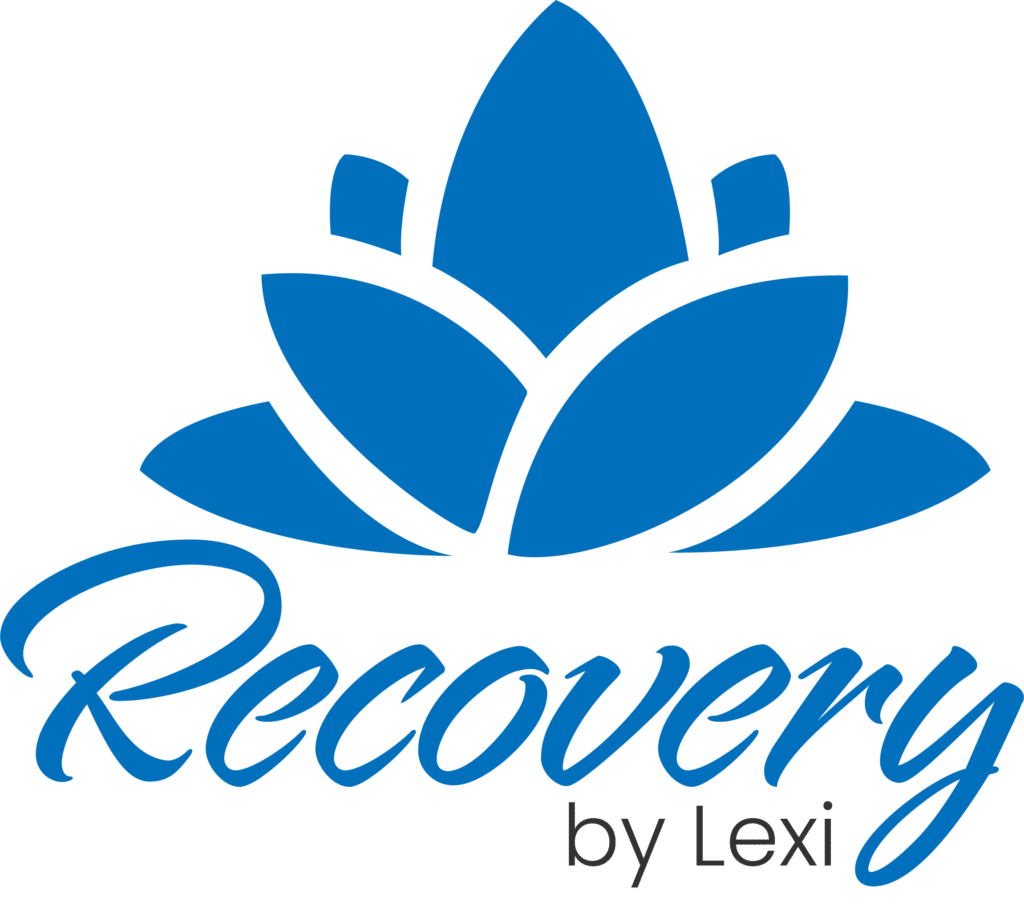Finding What Works for You
As someone in harm reduction recovery myself, I understand the challenges, setbacks, and victories that come with finding a path that truly works for you. Whether you’re exploring harm reduction vs. abstinence, the most important thing is that you feel supported—not judged.
This guide breaks down both approaches so you can make an informed choice about what’s right for you.
What Is Harm Reduction?
Harm reduction is a realistic, person-centered approach that focuses on reducing the risks of substance use rather than requiring total abstinence. It meets people where they are and supports them in making any positive change, no matter how small.
Key Principles of Harm Reduction:
- No judgment, just support—everyone deserves care, no matter where they are in their journey.
- Reducing risks, not demanding immediate sobriety (e.g., using Narcan, fentanyl test strips, or MAT).
- Your choice, your pace—you set your goals, whether that’s moderation, safer use, or eventually quitting.
Examples of Harm Reduction Strategies:
- Medication-Assisted Treatment (MAT): Using medications like Suboxone or methadone to manage opioid dependence.
- Safer Use Practices: Access to clean supplies, overdose prevention education, and supervised consumption spaces.
- Moderation & Controlled Use: Reducing substance use instead of stopping completely.
- Overdose Prevention: Narcan access, fentanyl test strips, and peer education.
Who Might Benefit From Harm Reduction?
- People who aren’t ready or don’t want to quit completely.
- Those who have tried abstinence but found it too rigid or unsustainable.
- Anyone at high risk of overdose or health complications from substance use.
- People who need time and flexibility to transition toward sobriety at their own pace.
What Is Abstinence-Based Recovery?
Abstinence-based recovery focuses on completely stopping substance use. It’s often associated with 12-step programs, inpatient treatment, and structured recovery communities.
Key Principles of Abstinence-Based Recovery:
- Zero substance use—complete sobriety as the goal.
- Long-term lifestyle change through emotional, behavioral, and spiritual growth.
- Support networks like peer groups, sponsors, or structured treatment programs.
Examples of Abstinence-Based Programs:
- 12-Step Programs: Alcoholics Anonymous (AA), Narcotics Anonymous (NA), SMART Recovery.
- Inpatient or Residential Treatment Centers.
- Sober Living Homes & Peer Support Groups.
Who Might Benefit From Abstinence-Based Recovery?
- People who feel that any level of use leads to loss of control or negative consequences.
- Those who thrive in structured, community-based recovery settings.
- Anyone with severe physical, mental, or emotional health concerns tied to substance use.
Harm Reduction vs. Abstinence: Which One Feels Right for You?
1. What Are Your Goals?
- If you want to completely stop using, abstinence may be your best fit.
- If you want to reduce harm and make progress at your own pace, harm reduction might be a better approach.
2. How Have You Responded to Past Recovery Attempts?
- If quitting completely felt too overwhelming, harm reduction may be more sustainable.
- If moderation has been difficult and leads to relapse, abstinence might provide needed structure.
3. What Kind of Support Helps You Most?
- Abstinence often relies on peer support, structured programs, and accountability.
- Harm reduction gives you more flexibility and control over your recovery process.
4. Are You at Immediate Risk?
- If you’re at high risk of overdose, harm reduction (like MAT or Narcan) can be life-saving.
- If you’re ready for a full life reset, abstinence may provide the fresh start you need.
Can You Mix Both Approaches?
Absolutely! Recovery isn’t black-and-white. Many people use harm reduction as a stepping stone to abstinence, while others blend both approaches to create a plan that works for them. There is no wrong way to recover—only the way that works for you.
Recovery By Lexi: Supporting You, No Matter Where You Are
I know firsthand that the road to recovery is never linear. My approach at Recovery By Lexi is nonjudgmental, flexible, and tailored to your needs—whether you’re exploring harm reduction, abstinence, or a combination of both.
If you’re looking for personalized support from someone who truly gets it, let’s talk. Book a session today and take the first step in a way that feels right for you.
Additional Resources:
